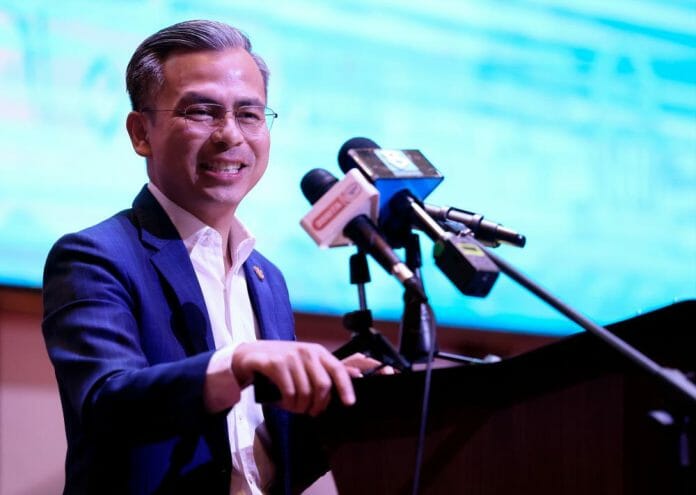The upcoming Malaysian Media Council Bill, slated for drafting next year, will address various issues, including concerns related to advertising revenue for media organisations.
According to Communications Minister Fahmi Fadzil, it is crucial to address this matter, as the current scenario sees advertising revenue solely directed to social media platform providers rather than media organisations.
Fahmi emphasised the need for a balanced approach to ensure returns for media companies. He highlighted ongoing discussions and expressed confidence that all stakeholders could engage in negotiations to create a conducive atmosphere.
Drawing parallels with his successful approach to managing 5G implementation issues, Fahmi noted the effectiveness of bringing telecommunications companies together for discussions and reaching mutual agreements.
Speaking at the launch of the seminar on ‘Transcending Disinformation: Towards Responsible Media Consumption,’ organised by the Asia Pacific Institute for Broadcasting Development (AIBD), Fahmi shared his intention to meet with the management of the Community Communications Department (J-KOM) to discuss the expeditious appointment of its new director-general.
He explained that the appointment process, previously under the Prime Minister’s Department, would now fall under the purview of the Communications Ministry.
Regarding the potential new director-general for J-KOM, Fahmi stated that discussions during the upcoming meeting would determine whether the replacement, previously identified by the Prime Minister, had taken effect.
While emphasising the importance of the appointment, he assured that it would be made as soon as possible.
Fahmi addressed the significant challenges faced by local media, citing advertising expenditure as a major concern.
He highlighted estimates suggesting that media owners lose approximately RM2 billion out of an annual advertising expenditure of RM4.5 billion to the top three social media giants—Meta, Google, and TikTok.
Expressing hope for increased engagement sessions between platform providers and media organisations, Fahmi urged for effective and efficient utilisation of social media platforms.









